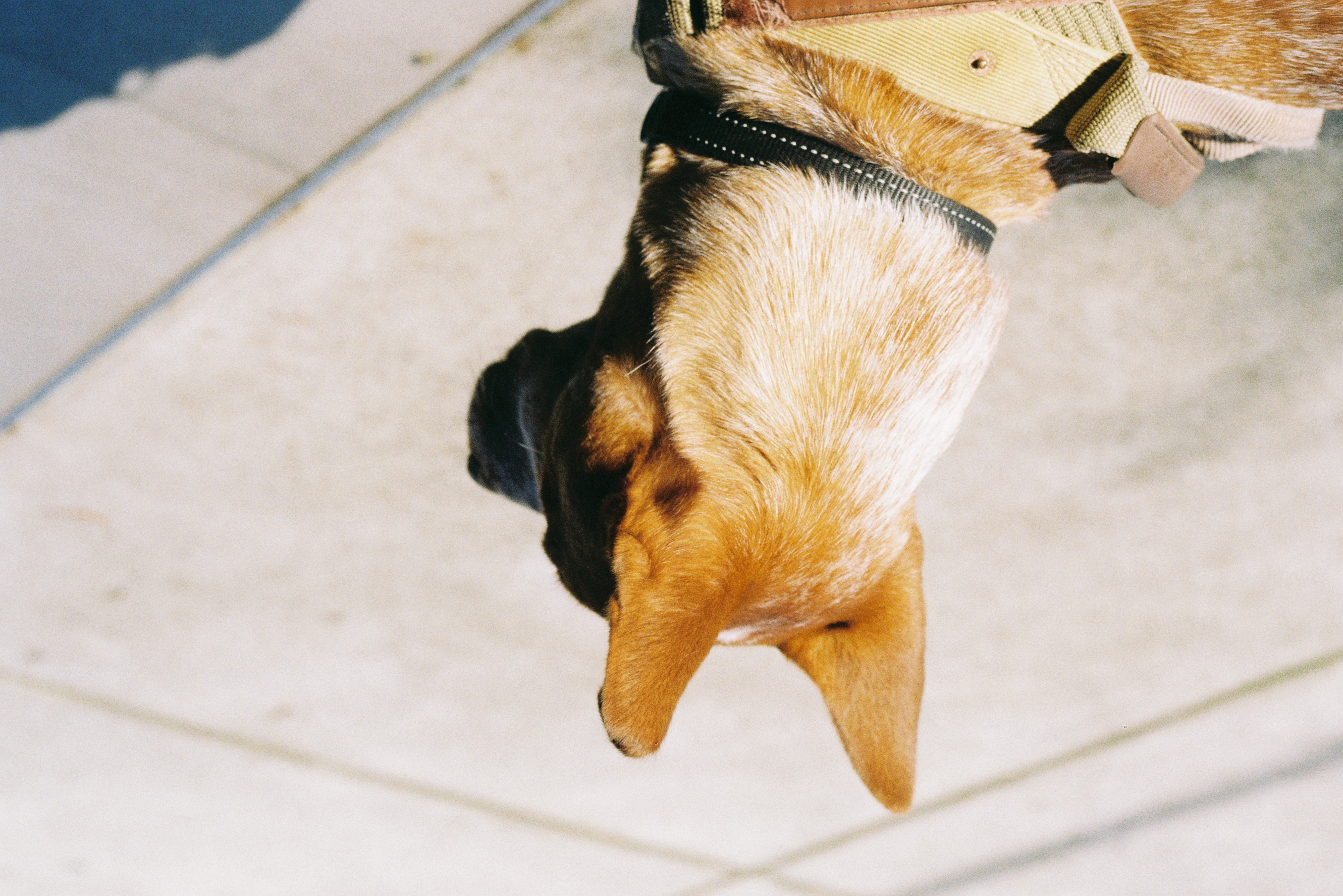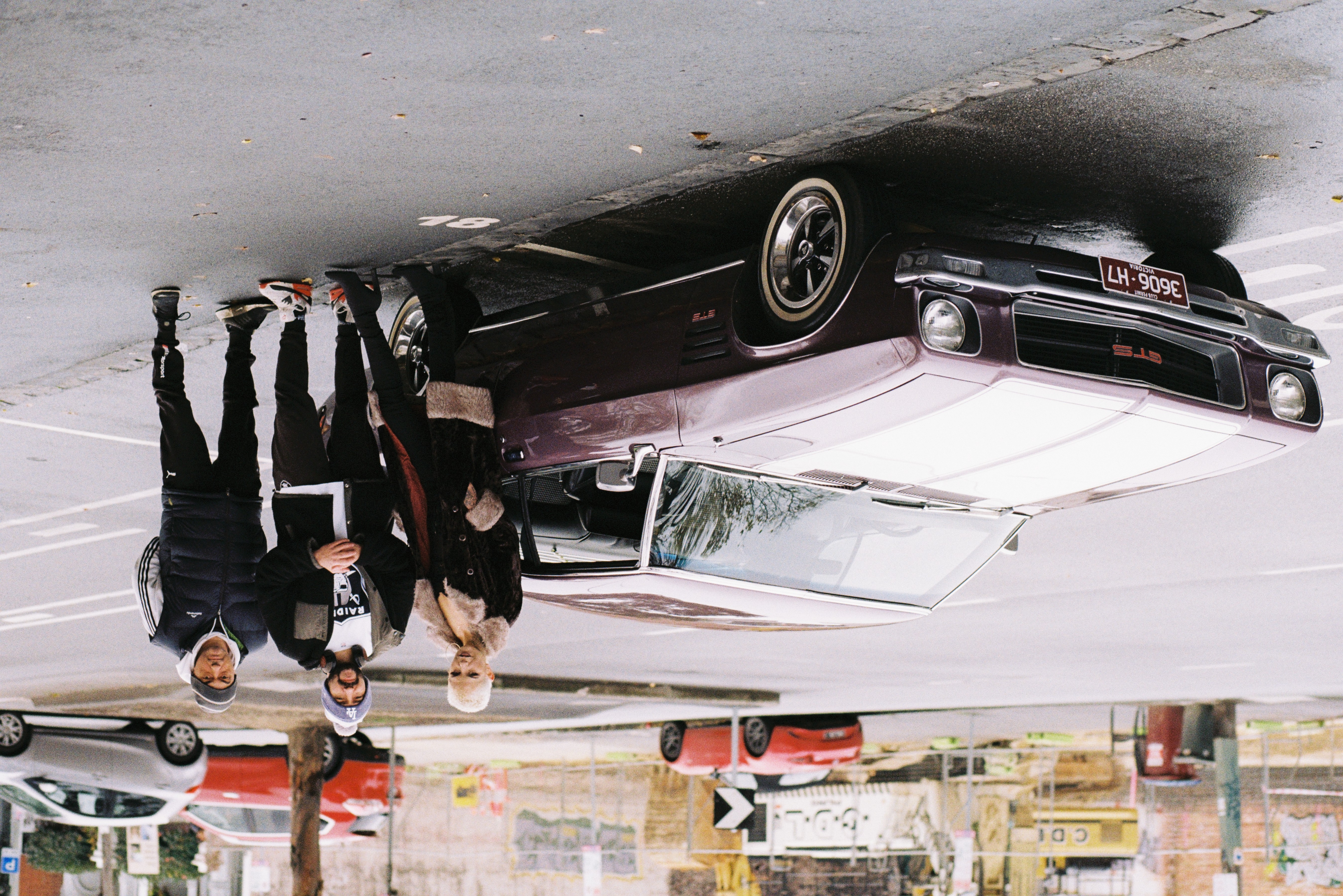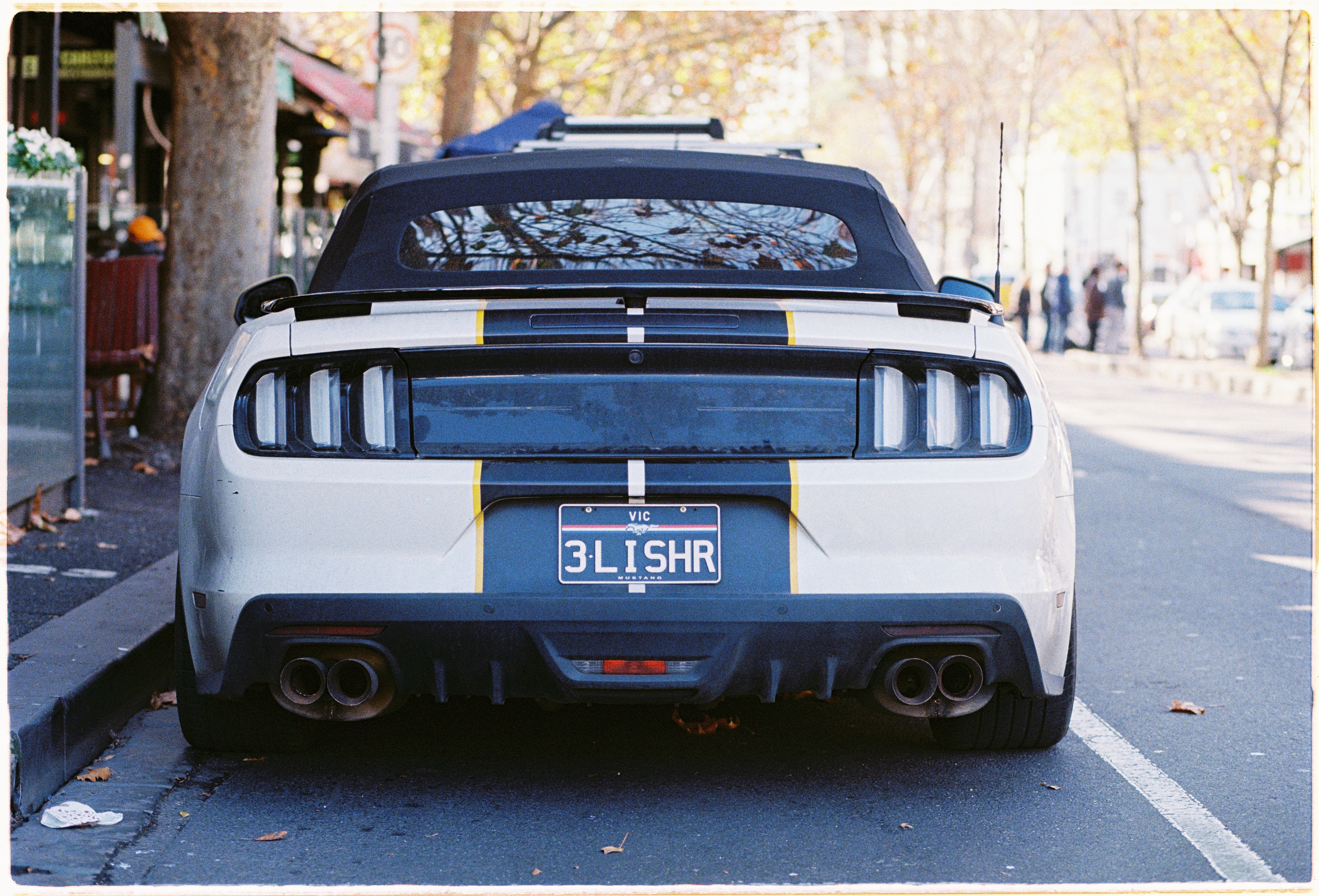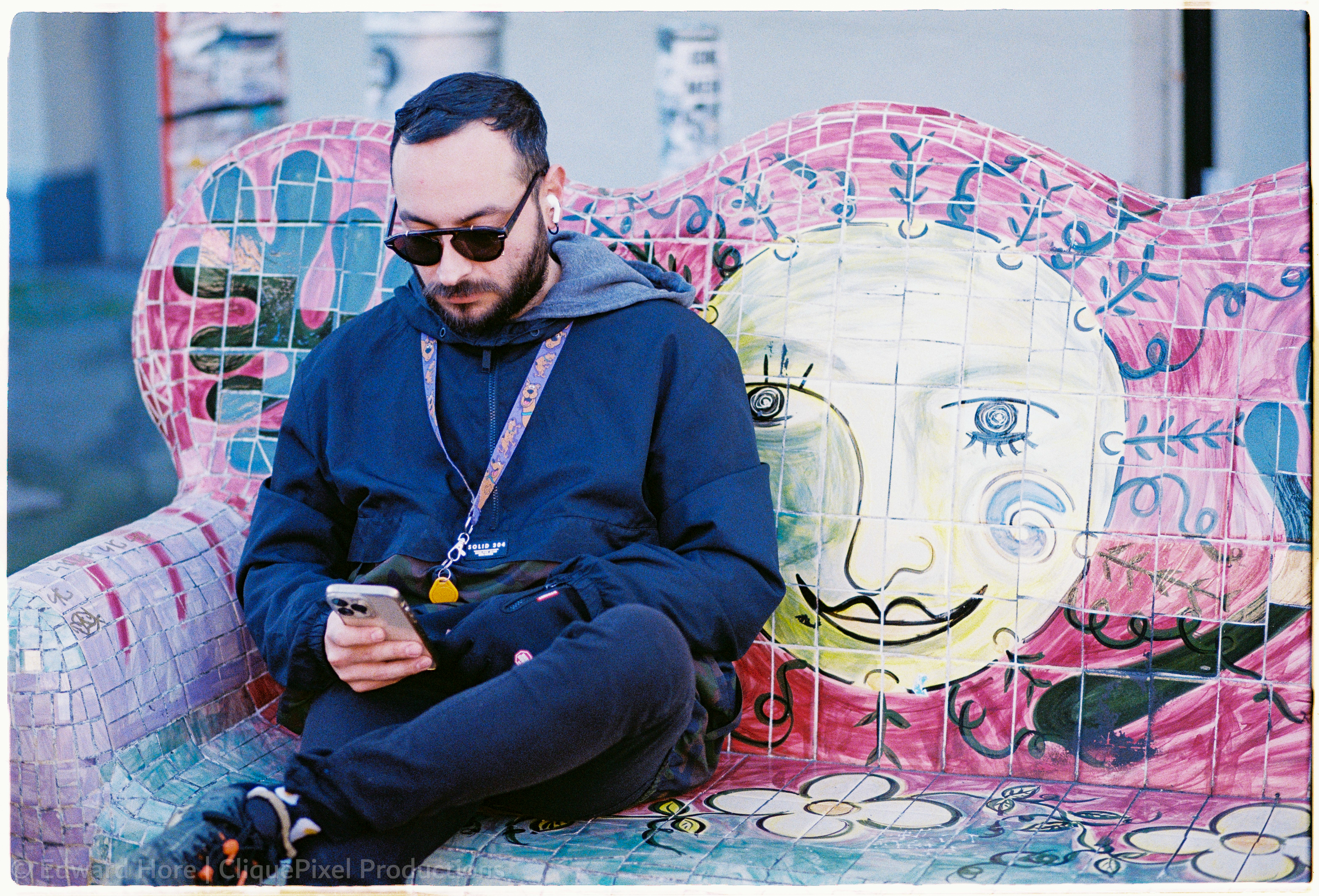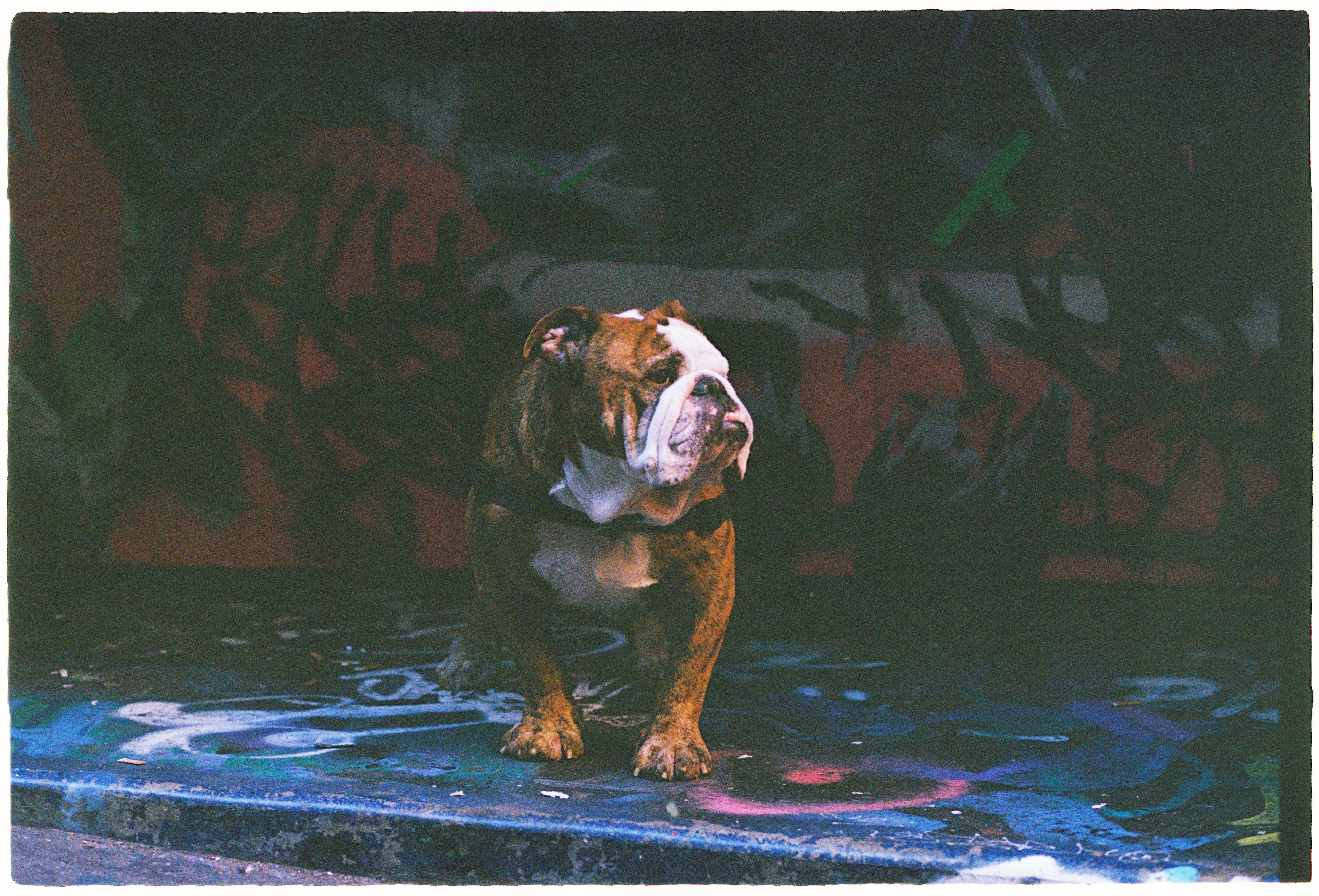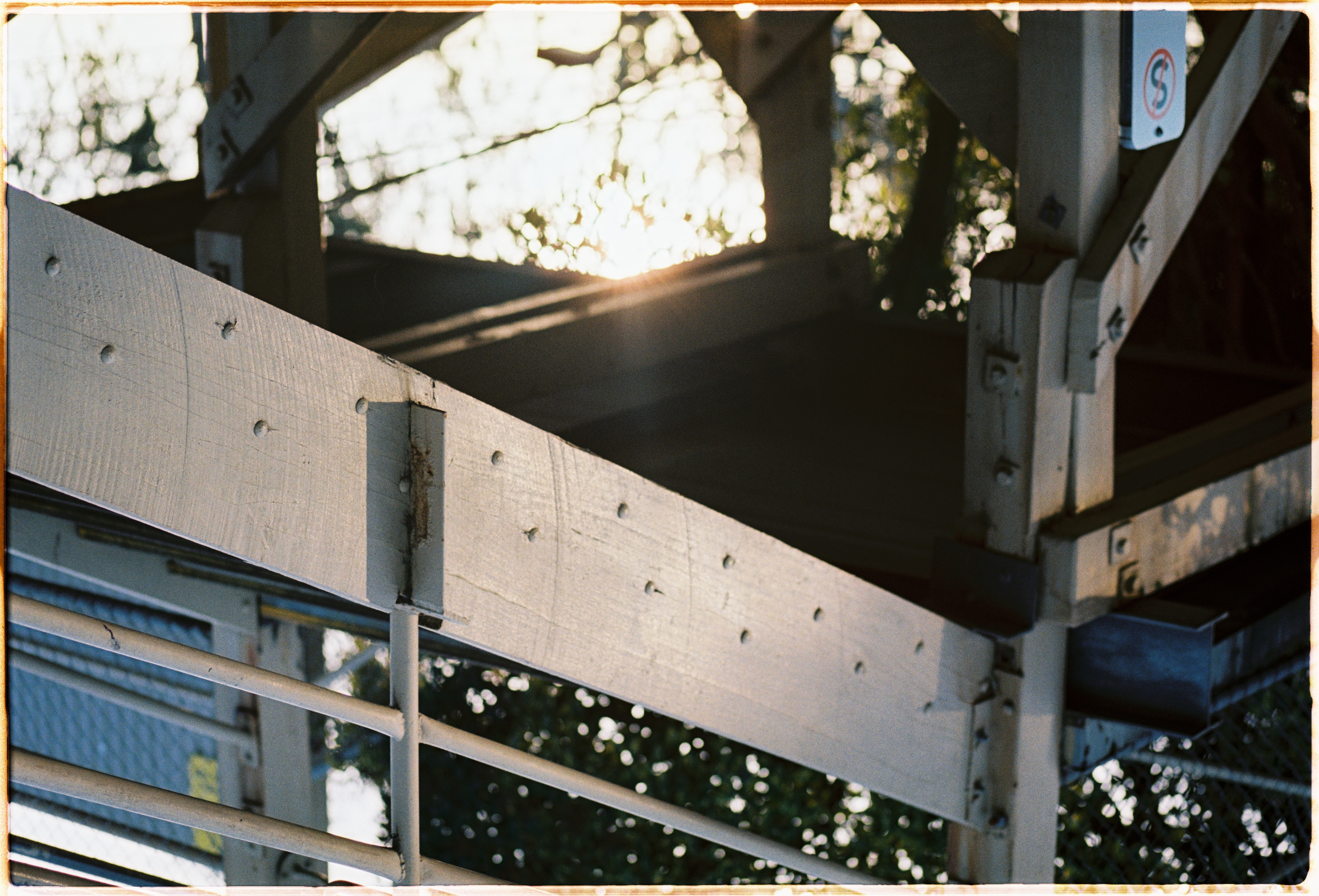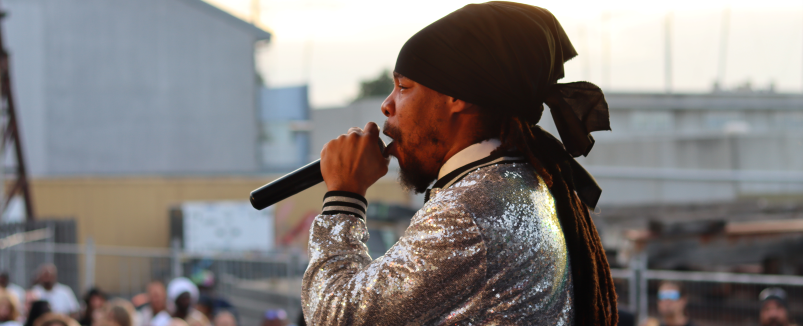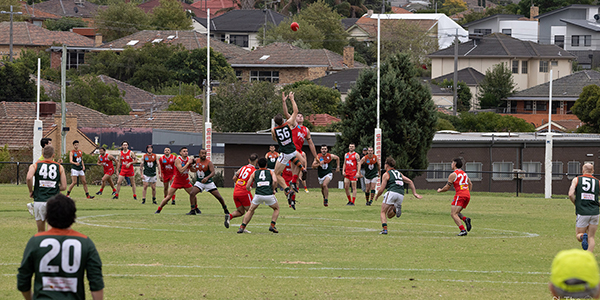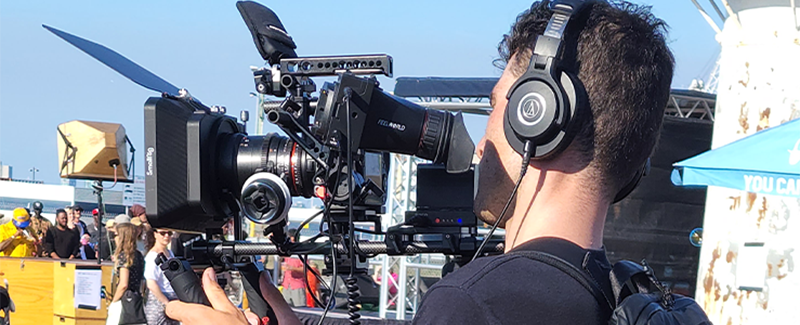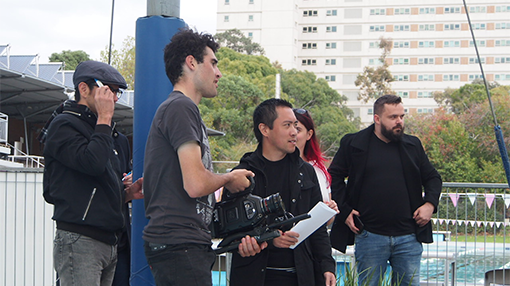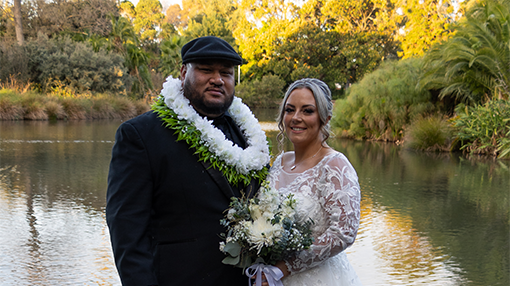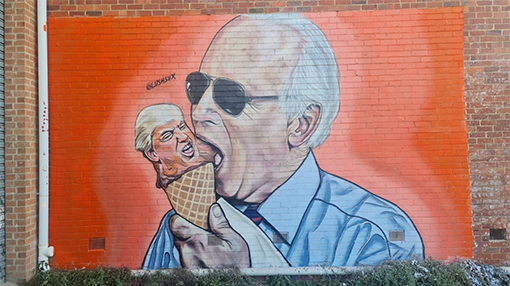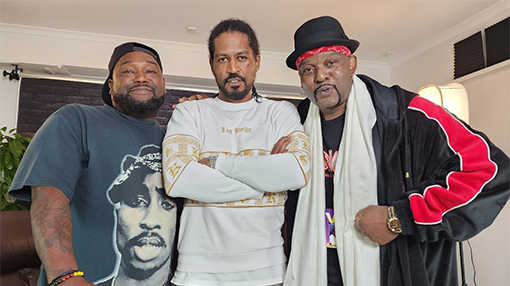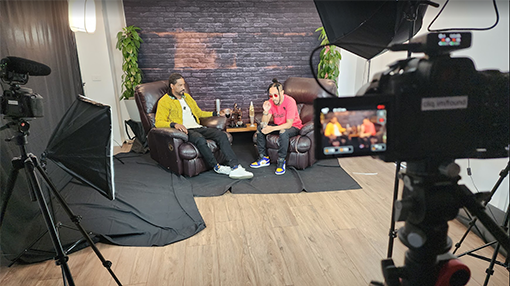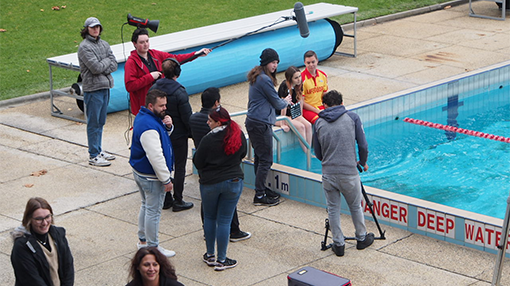There is quite a large difference between being a cinematographer and a videographer. I don't believe there is a big difference between a cinematographer or videographer telling a story, or finding the best audiovisual. The difference lies in how they construct their finished product. This isn't to put one on a higher pedestal because both require their unique skillset.
A cinematographer will say "one more for safety," a videographer doesn't always have the option. The cinematographer builds the scene from the blocking, the lighting, the sound, the action and set design. The videographer has to become the best observer of an already built environment and then capture the actions, the people and the atmosphere of a wedding, event or news.
Both can be excellent in making the best visuals or editing a great soundscape, but the cinematographer has to orchestrate the entire image from scratch. There is a lot more delegation of roles for the crew, and discussions with actors to create finished art. A videographer doesn't have the option, so they have to be more "run and gun," and be very responsive to the environment. They also work by themselves a lot more often. They are more often sound and lighting as well. (Small productions may have the cinematographer do lighting as well, but there has to be a sound specific person). A cinematographer also doesn't use Auto-focus. The videographer sometimes has to use auto-focus, as they don't have 3 hands.
The last thing I talk about here is the delivery of the final product and why the cinematographer has to be more precise, more careful and why it takes more patience. The cinematographer creates for theatres, television and festivals. The videographer produces for clients on computer screens, phone screens and on broadcast television. Both have to be very good quality of work, but the cinematographer has to be perfect if it's going to be seen on a 20-metre widescreen. It has to match and be seamless from shot to shot. The audience has to be immersed in a world.
The audience for a wedding video knows they are watching a real event so are more forgiving if some shots don't exactly match for a seamless experience. They have to make sense but don't have to be as exact. They also have to be a bit more rushed. The videographer can be dealing with a client who can have no idea about how difficult it can be to create a perfect video. An editor for film production has to be quick but they can have a good relationship with the director/cinematographer and be more forgiving if it takes longer. A cinematographer knows RAW footage needs x, y and z to work well. The average person who needs a wedding video may not know how RAW works. The videographer is likely to be working for a client to promote an event that has to be completed on May 6th and contracted on the 1st of May. A cinematographer works for a production company that has a schedule. Yes, it's a tight schedule, but there is one forecasted.
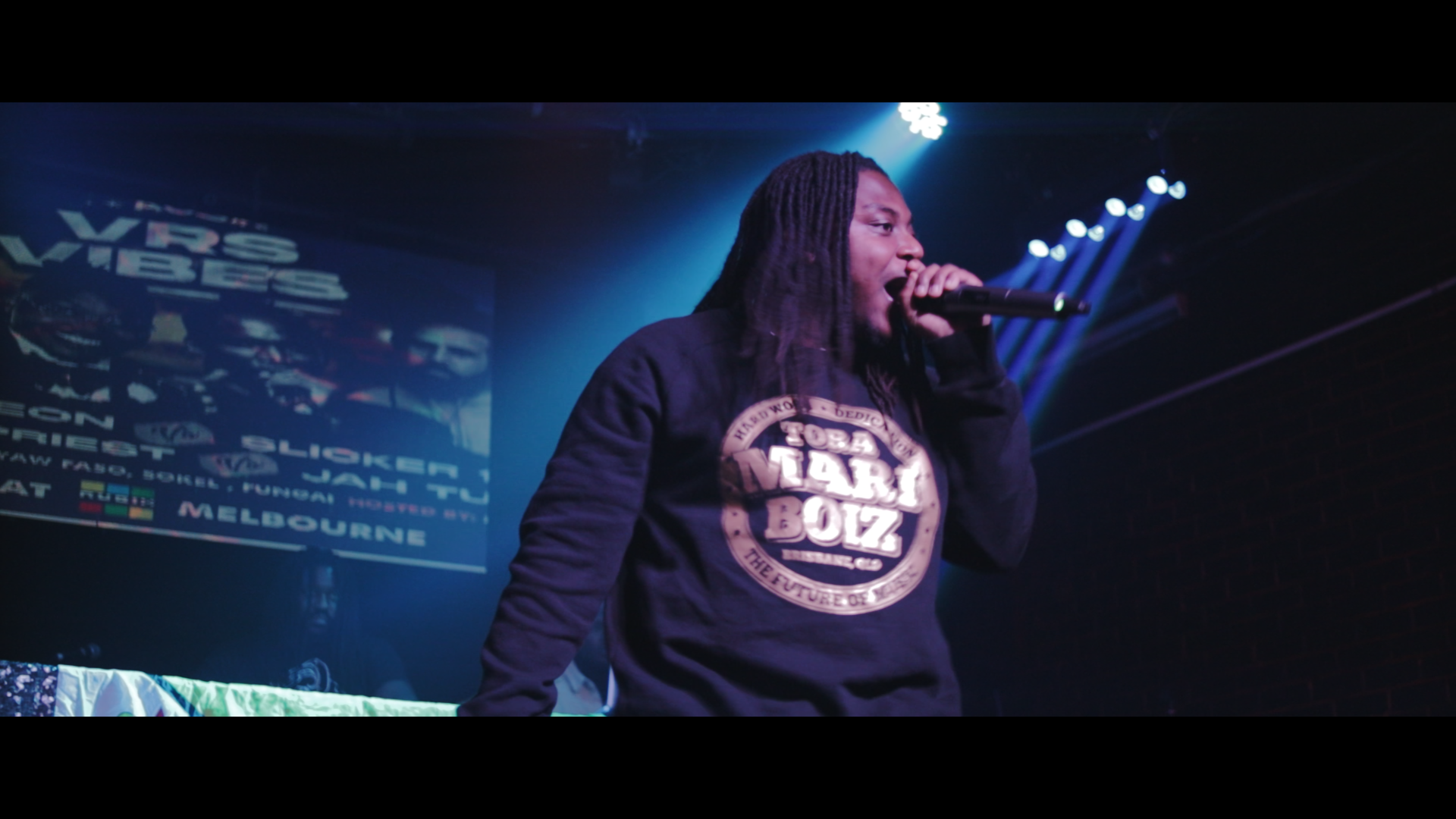
Collab with UScource Media
Screengrab from an event video we did. Have to be responsive to the lighting, sound, and action as we can't control that.
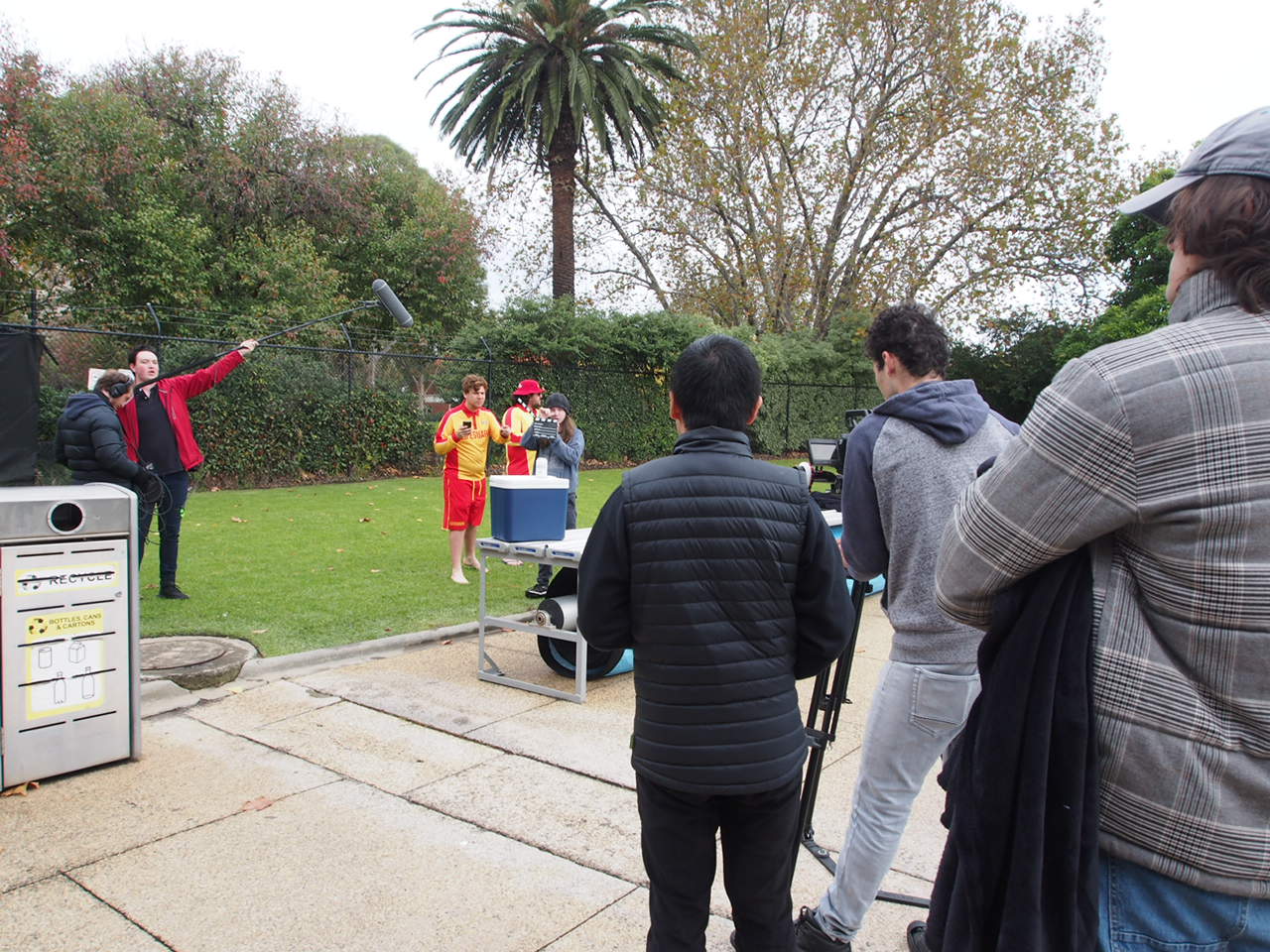
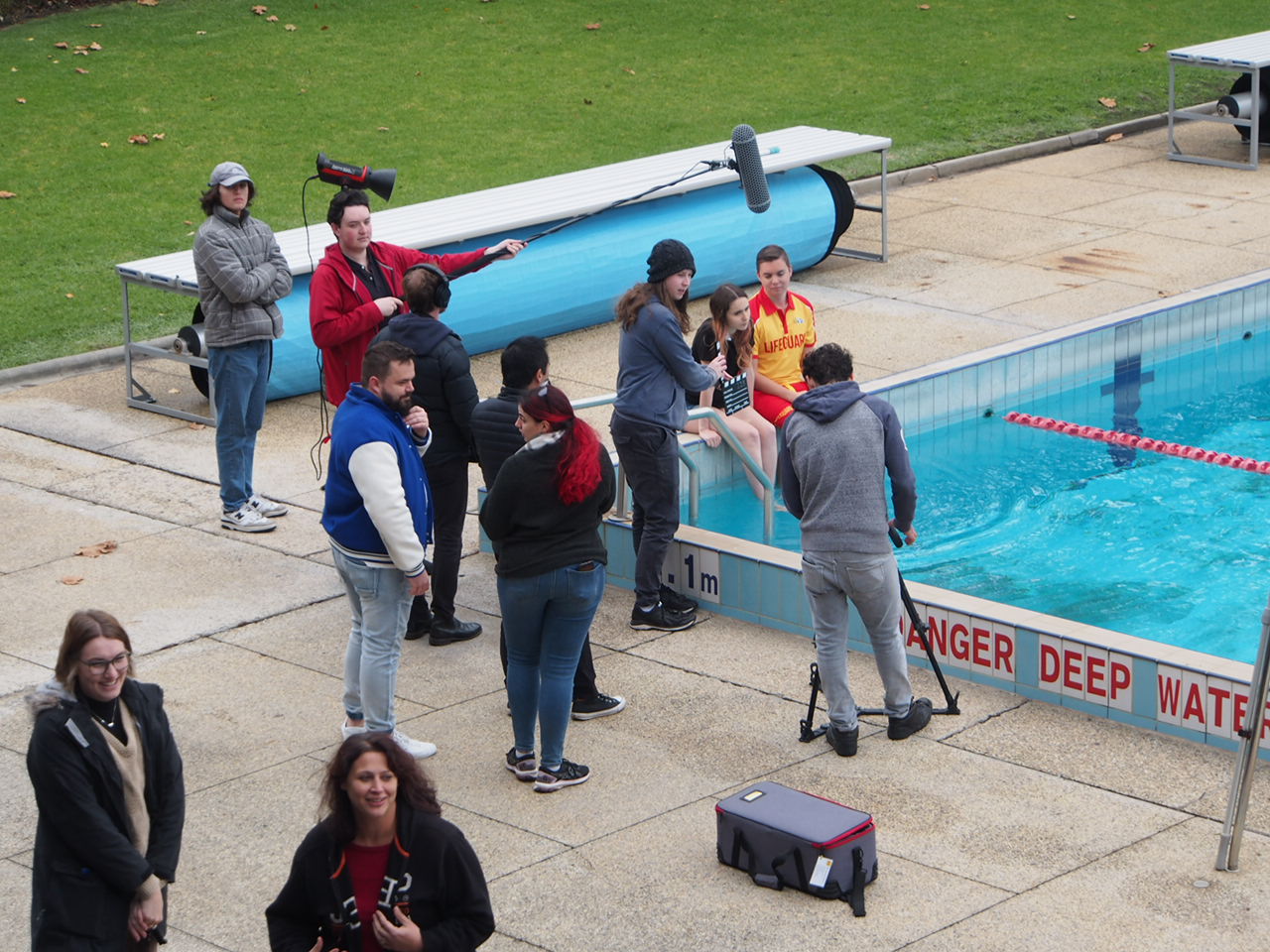
Courtesy of RMITV, and Jean Baulch. https://jeanbaulch.com/
There is a team to create when there is a cinematographer, to make the perfect shot needed for a seamless movie/film.


